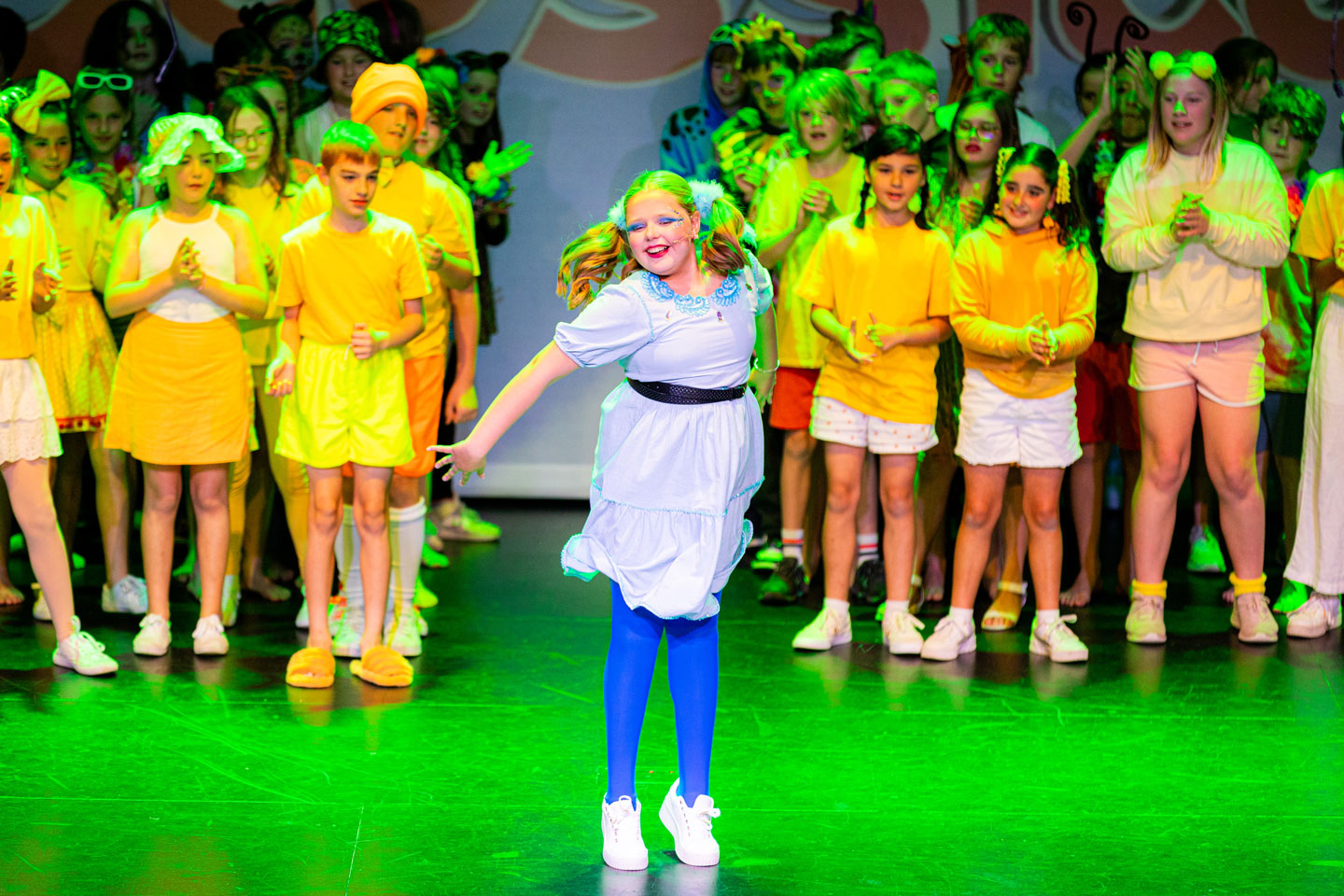

A colleague of mine has a magnet on her white board with an Oscar Wilde quote that says, “Education is an admirable thing, but it is well to remember from time to time that nothing that is worth knowing can be taught”.
As an educator for over 25 years, it’s safe to say that the value I place on education can’t be measured, but this quote still resonates with me. As the daughter of immigrants, growing up in the tough western suburbs of Sydney during the 70’s and very early 80’s, I certainly learnt a thing or two that they don’t teach you in school.
My parents came to Australia with few material possessions, luckily their parents had given them something far more valuable and that was their education. My parents instilled the value of education and hard work into me from an early age, knowledge will only get you so far, the same goes for hard work. Combining the two, in my opinion, opens the door to some of those life lessons Oscar Wilde was talking about.
In an educational context I think there is no better subject area that demonstrates this than the Arts and I was recently reminded of its incredible power in society after watching (of all things) Seussical Jnr, our primary school musical. Children as young as 8 were executing complicated singing and dance routines. The energy in every face and limb gave a powerful sense that each child felt a part of something bigger. I watched amazed at the students, some of whom struggle academically and socially, now part of an ensemble, shine. They were no longer on the margins, they were levelled out amongst their peers, just as connected to the experience as anyone else. Money and education alone cannot do this, but an educational context did facilitate the experience.
The Arts isn’t just the annual school play, its music lessons, dance classes, visual arts, media and drama in every context. The importance of these subjects has certainly grown since I attended high school and I’ve seen first-hand how a student that is engaged in an Arts subject will be the beneficiary of strong learning outcomes across many curriculum areas.
Studies show that students who learn a musical instrument can complete complex mathematical problems. Just think about the amount of patience it takes to learn an instrument, children can apply this same patience when completing all forms of schoolwork.
Recently employers have been focussing on so called ‘soft skills’. These skills relate to a person’s ability to communicate effectively, solve problems, be part of a team and think creatively. In an Arts subject, you might be asked to recite a monologue in six different ways, create a painting that represents a memory, or compose a new rhythm to enhance a piece of music. Also, let’s not forget about collaboration, many projects require a shared responsibility where you must work together to achieve a common goal. A highly desirable skill for any prospective employer.
Watching the lights turn on in a child’s mind as they begin to comprehend a text or equation is one of the great joys of teaching. Witnessing a student transform into a confident young person on stage, performing at a recital, discussing their film or explaining their artwork is a privilege.
Above all learning these skills takes practice, perseverance and hard work, the skills my parents instilled in me. The skills that help open the door to a myriad of opportunities in our lives. A student studying the Arts might not become an actor, a painter, a dancer, filmmaker or a musician; they might be the next Nobel prize winner in literature, the environmentalist who makes a breakthrough in climate change, a journalist covering the news of the world or a teacher helping future students to be curious about their world.
The opportunities are endless.













